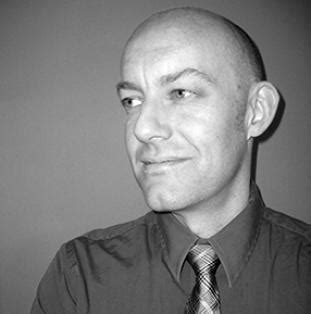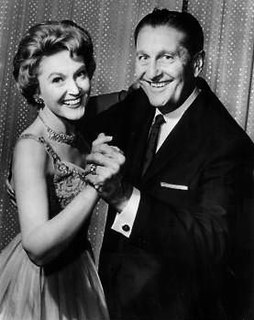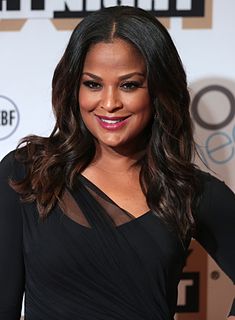A Quote by Marie Antoinette
We made our entrance into Paris. As for honors, we received all that we could possibly imagine; but they, though very well in their way, were not what touched me most. What was really affecting was the tenderness and earnestness of the poor people, who, in spite of the taxes with which they are overwhelmed, were transported with joy at seeing us.
Related Quotes
There is never any ending to Paris and the memory of each person who has lived in it differs from that of any other. We always returned to it no matter who we were or how it was changed or with what difficulties, or ease, it could be reached. Paris was always worth it and you received return for whatever you brought to it. But this is how Paris was in the early days when we were very poor and very happy.
The strange thing about my life is that I came to America at about the time when racial attitudes were changing. This was a big help to me. Also, the people who were most cruel to me when I first came to America were black Americans. They made absolute fun of the way I talked, the way I dressed. I couldn't dance. The people who were most kind and loving to me were white people. So what can one make of that? Perhaps it was a coincidence that all the people who found me strange were black and all the people who didn't were white.
Me and my wife had somehow finally reached a moment in which our lives made sense, in which we were comfortable in certain material ways, and in that very moment we were faced with a medical situation that could only really be resolved with death or time. Suddenly we had become these people who didn't drink anything but kale, who ended many of our conversations with tears, and for whom no future was guaranteed. It was kind of funny.
This, therefore, is a law not found in books, but written on the fleshly tablets of the heart, which we have not learned from man, received or read, but which we have caught up from Nature herself, sucked in and imbibed; the knowledge of which we were not taught, but for which we were made; we received it not by education, but by intuition.
I have a very close friend who is a brilliant clown, and I always wanted to do a show with him. So I did one year at La MaMa Theatre. I had not done stilts before that show, and I had about two weeks to learn how to do that, and they were just made with off-off Broadway money. The ones that I had in Rogue One were made by [Industrial Light & Magic]. So they were really easy. They were made with actual prosthetic feet on the bottom. They were athletic, in a way. I could run in them. There was a bounce to them that I could use.
For me, I like to imagine being successful. I like to imagine the end, which is success. I envision it, where I can actually see it happening. Going into the ring, seeing the fight happen, seeing me winning that belt, seeing me back in my dressing room celebrating with a slice of cake, which I always had. And the same with meetings. I do prepare though; that confidence comes from preparation, because that fear is in the back of your head of not doing well, of not saying the right thing or having the right information. That's where the preparation comes in for me.
There is a lot of sixties-bashing going on these days that I don't agree with at all. I feel that extremely important ideals were brought to the forefront of the collective consciousness at that time. Granted, drug use was so pervasive that our generation did not as a group have the capacity to manifest our ideals to any great extent. But many of the people who were young in the sixties and who were most touched by that collective ethos are still touched.






































